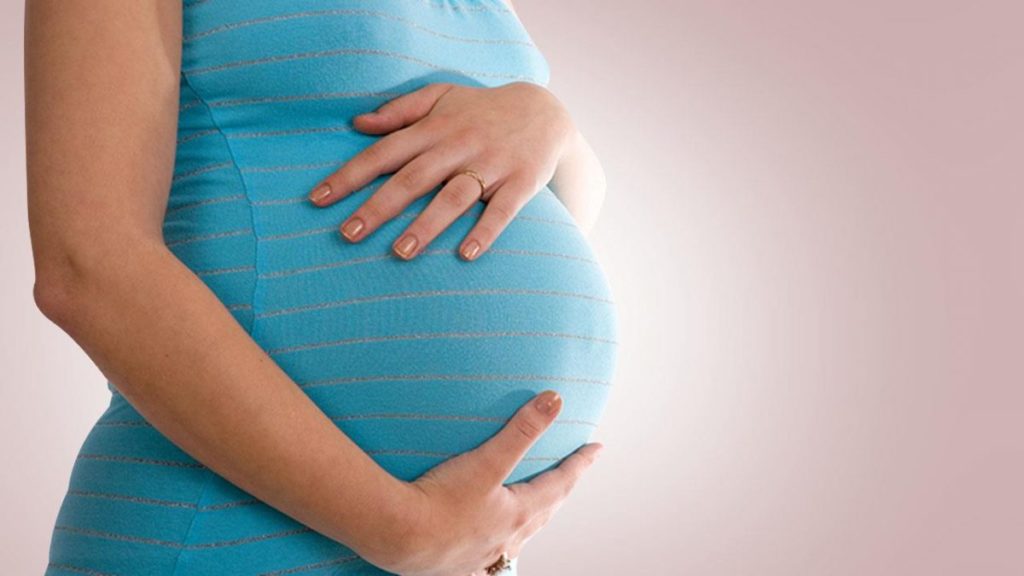For the study, which was published Wednesday in PLOS ONE, scientists from Lawrence Livermore National Laboratory (LLNL) studied mice during gestation to determine whether exposure to triclocarban (TCC) would transfer from mother to offspring. The researchers administered TCC laced with carbon-14 to trace how the contaminant distributed in organ systems of female mice and exposed offspring.
“We demonstrated that TCC does effectively transfer from mother to offspring, both trans-placentally and via lactation,” said LLNL biologist Heather Enright, lead author of the study. “Exposure to TCC during development may pose a serious health risk to the developing embryo and fetus, as they are more sensitive to alterations in hormone levels, which may result in changes that often are irreversible.”
Lipids are molecules that contain hydrocarbons which make up the building blocks for the structure and function of living cells. Their main biological function is to store energy and act as structural components of cell membranes.
Quantitative real-time polymerase chain reaction (qPCR) was used to look at changes in gene expression in liver and adipose tissue in the exposed offspring. The results indicated that alterations in genes involved in lipid metabolism in exposed offspring were consistent with the observed increase in fat weights and hepatic triglycerides.
These findings are significant because of the potential risk of exposure to TCC and the potential adverse effects resulting from exposure during prenatal development, according to the researchers.
“Early life exposure to TCC has the potential to cause irreversible outcomes due to the fragile nature of organ systems and protective mechanisms in developing offspring,” Enright concluded.
Source: Science Daily
